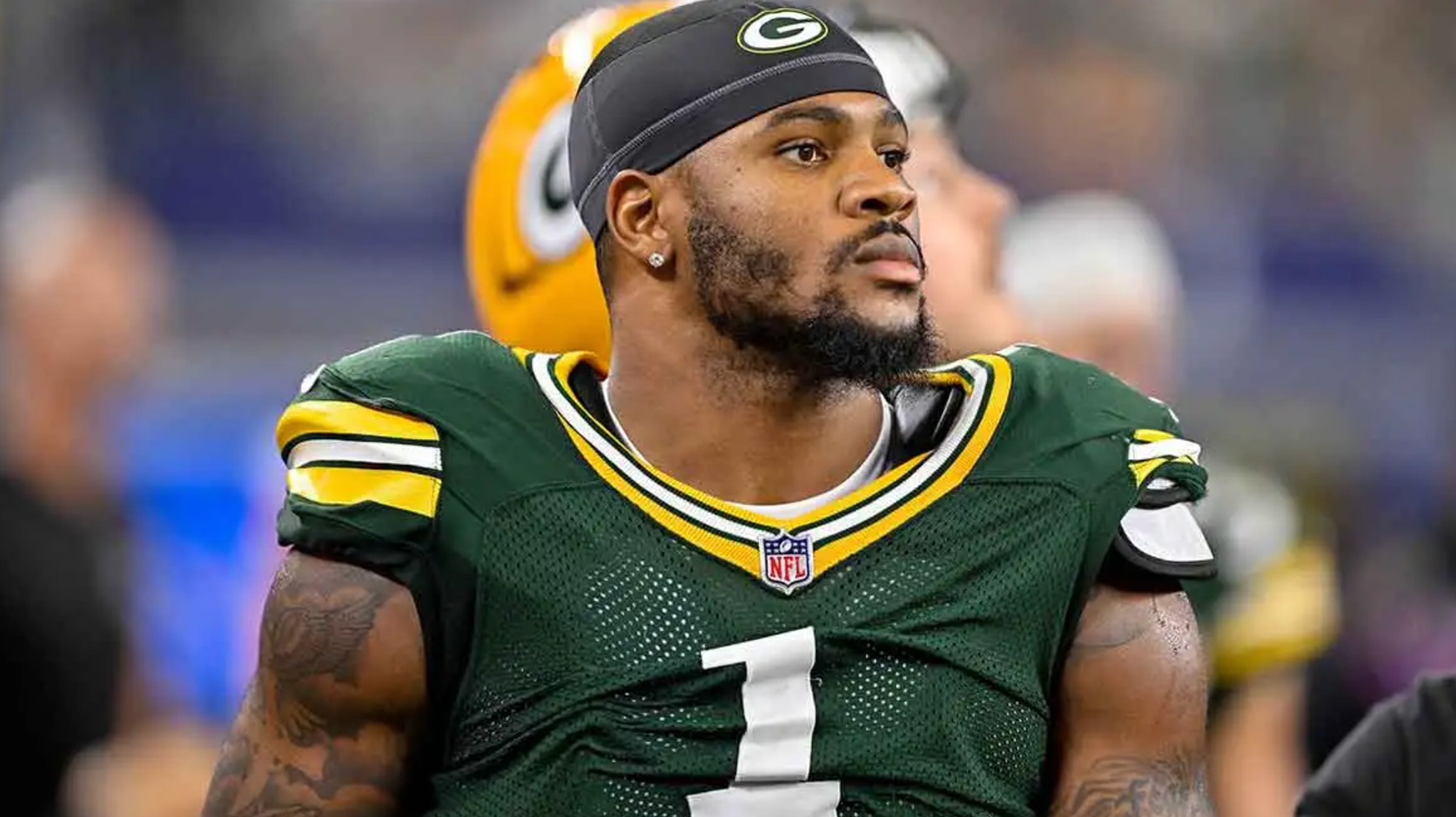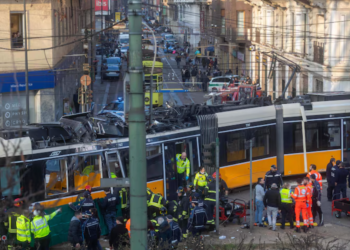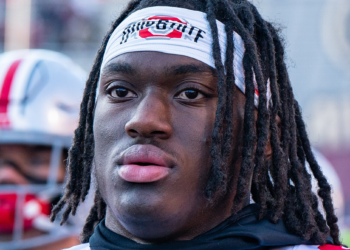In a heartbreaking moment before Monday Night Football, Green Bay Packers star Micah Parsons knelt on the field, honoring his former Dallas Cowboys teammate Marshawn Kneeland, who took his own life just days earlier at age 24. This raw display of grief has spotlighted mental health struggles in the NFL, leaving fans wondering how the league will respond.
The Tragic Loss That Rocked the League
Marshawn Kneeland, a promising defensive end for the Dallas Cowboys, died on November 6, 2025, from a self-inflicted gunshot wound after a police chase, according to authorities. The news sent shockwaves through the football world, hitting close to home for players like Parsons, who shared a locker room with him in 2024.
Parsons, now with the Packers after a blockbuster trade, called Kneeland a brother and pledged support for his family. He shared that their bond grew from mutual respect on the defensive line.
The Collin County Medical Examiner’s Office is set to confirm the cause and manner of death, but early reports point to suicide. This isn’t just a statistic; it’s a reminder of the hidden battles athletes face.
Kneeland, drafted in the second round out of Western Michigan, showed flashes of talent in his rookie year. His sudden death has prompted calls for better mental health resources in sports.

Parsons’ Heartfelt Gesture on the Field
Before the Packers faced the Philadelphia Eagles on November 10, 2025, at Lambeau Field, a moment of silence honored Kneeland. Cameras caught Parsons on his knees, head bowed in prayer, eyes closed tight.
This wasn’t scripted. It was pure emotion from a player still processing the loss.
Parsons later explained his feelings in a press conference. “I was extremely shocked. I was extremely hurt by the news,” he said. He urged everyone to pray for peace and appreciate life more.
Fans watching on TV felt the weight of the moment. Social media buzzed with support, showing how one player’s tribute can unite a community.
The gesture came amid a tough week for Parsons, who joined the Packers in August 2025 via trade. Green Bay gave him a four-year, $188 million extension, while Dallas got two first-round picks and defensive tackle Kenny Clark.
A Bond Forged in the Trenches
Parsons and Kneeland connected quickly during their time in Dallas. Both as defensive ends, they pushed each other in practice and built a friendship off the field.
“He always showed me nothing but respect from the moment he came into the locker room,” Parsons recalled. “He respected me as a player; he respected me as a person. So, I have nothing but high respect for him.”
If there’s anything his family needs, I’ll be the first person to help or offer anything I can do, Parsons promised, highlighting the brotherhood in the NFL.
Their story isn’t unique. Many players form tight bonds that last beyond trades or retirements.
Kneeland looked up to veterans like Parsons, who compared him to eight-time Pro Bowler Cameron Jordan early on. They even planned to study film together.
This loss underscores the pressures young athletes face, from performance expectations to personal struggles.
Broader Impact on Mental Health in Sports
Kneeland’s death has reignited discussions about mental health in the NFL. The league has programs like the Player Assistance Program, but critics say more is needed.
Recent studies show rising awareness. A 2023 report from the NFL Players Association found that 70% of players feel comfortable seeking mental health help, up from 50% five years ago. Yet, stigma remains.
Parsons’ words add to this conversation. He stressed treating people with purpose and love, a message that resonates beyond football.
Teams are responding. The Cowboys held a team meeting to process the grief, and the Packers supported Parsons through the week.
Here are some key steps the NFL has taken on mental health:
- Mandatory mental health training for all teams since 2019.
- Access to licensed clinicians for players and families.
- Partnerships with organizations like the American Foundation for Suicide Prevention.
Still, tragedies like this show gaps exist.
Experts suggest proactive check-ins and reducing the taboo around vulnerability could save lives.
Looking Ahead Amid Grief
The game went on, with the Packers battling the Eagles in a key matchup. Parsons channeled his emotions into his play, recording sacks and tackles that helped his team.
But the tribute lingered. It reminded everyone that football is more than wins and losses; it’s about the people behind the helmets.
In the end, Micah Parsons’ tribute to Marshawn Kneeland stands as a powerful call for compassion in a high-stakes world, shining a light on mental health challenges that affect not just athletes but everyday folks too. It leaves us reflecting on how we support those around us, urging the NFL and fans to push for real change. What do you think about this story, and how can we better address mental health in sports? Share your thoughts and pass this article along to friends on social media to keep the conversation going.
































